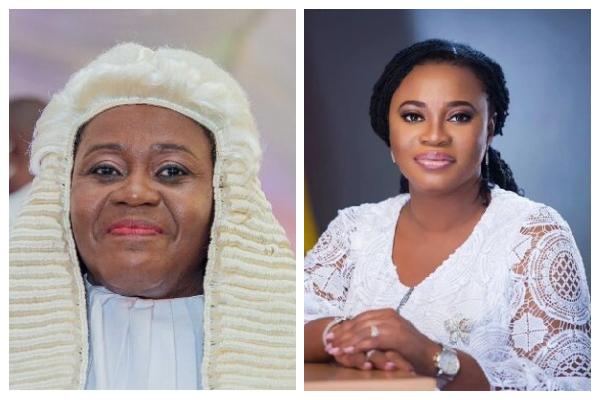
Author: Peter Martey Agbeko, APR
In Ghana’s democratic framework, the judiciary’s independence is paramount. However, recent events have spotlighted the delicate balance between judicial accountability and preserving this independence. Notably, the dismissal of a petition against Chief Justice Gertrude Sackey Torkornoo and the earlier removal of Electoral Commission Chair Charlotte Osei have ignited discussions on the processes and implications of such actions.
Petition Against Chief Justice Gertrude Torkornoo
On December 17, 2024, Professor Stephen Kwaku Asare submitted a petition under Article 146(1) of the 1992 Constitution, seeking the removal of Chief Justice Gertrude Torkornoo for alleged misbehaviour and incompetence. The allegations included unauthorised reconstitution of court panels and issuance of practice directions deemed unconstitutional. President Nana Addo Dankwa Akufo-Addo, after consulting the Council of State, dismissed the petition on January 6, 2025, citing its lack of merit and describing it as “frivolous, vexatious, and unmeritorious.” The President highlighted the absence of supporting evidence and procedural breaches, particularly the premature public circulation of the petition, which violated Article 146(8) mandating confidentiality in such proceedings.
Removal of Electoral Commission Chair Charlotte Osei
The removal of Charlotte Osei from her position as Electoral Commission Chair in 2018 serves as a pertinent comparison. Initiated by a petition from concerned EC staff alleging unilateral decision-making and procurement breaches, the process led to her dismissal. Professor Agyeman-Duah later described this removal as unusual, questioning the adequacy of acting on a single petition and suggesting the need for more robust mechanisms in handling such matters.
Comparative Analysis
Both cases underscore the challenges inherent in balancing judicial accountability with the preservation of institutional independence. The dismissal of the petition against Chief Justice Torkornoo emphasises the necessity for substantiated claims and adherence to constitutional procedures, including confidentiality. In contrast, the removal of Charlotte Osei, based on a single petition, raises concerns about the potential vulnerability of independent institutions to unverified allegations and the processes governing such high-stakes decisions.
Conclusion
These instances highlight the critical need for clear, transparent, and constitutionally grounded procedures when addressing petitions for the removal of high-ranking judicial and electoral officials. Ensuring that such processes are not only fair but also perceived as fair is essential in maintaining public trust in Ghana’s democratic institutions.







































